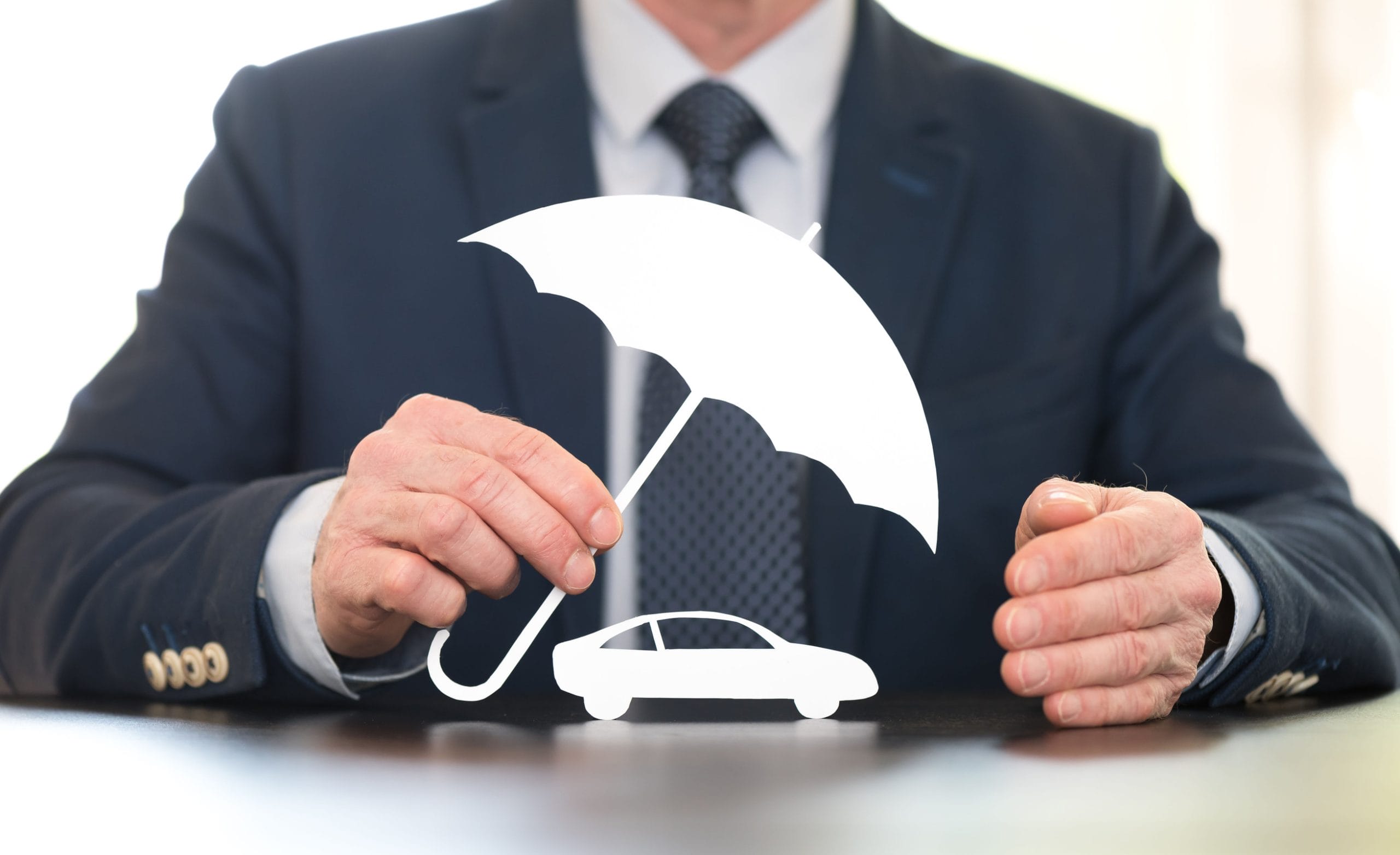How Insurance Companies Are Quietly Penalizing Drivers With Older Cars

If you’re driving a car that’s over 10 years old, you might assume you’re saving money. After all, it’s paid off, parts are cheaper, and you’ve skipped out on pricey car payments. But here’s what most drivers don’t realize: insurance companies are quietly penalizing people with older cars. While you’re patting yourself on the back for being financially savvy, your insurance bill may be creeping up, often without explanation. Understanding how and why this happens could save you hundreds each year.
1. Older Cars Get Fewer Discounts for Safety Features
Modern vehicles come equipped with advanced safety tech—lane departure warnings, blind spot monitors, and automatic braking. Insurance companies love this stuff because it statistically reduces the risk of accidents. If your older car lacks these features, you’re seen as a higher risk, even if you’re a cautious driver. That means you may miss out on key premium discounts offered to drivers with newer vehicles. Over time, that adds up to a real financial penalty for simply keeping your car longer.
2. Your Vehicle May Be More Likely to Be Totaled
Here’s something insurance companies won’t shout from the rooftops: Older cars are more likely to be declared a total loss, even after minor accidents. Why? Because their market value is lower. A minor fender bender that costs $2,000 in repairs might exceed the vehicle’s value, leading insurers to total it instead. And when that happens, you could end up with a check that doesn’t even cover the cost of a decent replacement.
3. Some Older Cars Are Targets for Theft
It might seem counterintuitive, but thieves often target older vehicles. Models without modern anti-theft systems are easier to break into and steal. Insurers know this and factor the risk into your premium. If your car happens to be a popular model from the early 2000s—think Honda Civics or Toyota Camrys—you might be flagged as a higher risk for theft. Even if you’ve never filed a claim, your rate may reflect this increased exposure.
4. Repair Costs Can Still Be High—Despite Common Assumptions
Many people assume older cars are cheaper to fix, but that’s not always the case. Parts for discontinued models can be hard to find and expensive. In some cases, labor is even more intensive due to outdated components or a lack of standardization. Insurance companies anticipate higher repair bills and build that risk into their pricing models. The result? Higher premiums for drivers simply trying to keep a dependable car on the road.
5. Usage-Based Programs May Not Favor Older Vehicles
Insurance companies increasingly offer “telematics” programs that track your driving habits through an app or plug-in device. Drive safely, and you could earn a discount. But older cars often can’t support the technology needed for these programs. Without access to these discounts, you’re left paying full price while others save. This creates a quiet, tech-driven divide in how much drivers pay based solely on the age of their vehicle.
Don’t Let Loyalty to Your Old Car Hurt Your Wallet
Driving an older vehicle used to be a symbol of smart financial planning. Today, it can quietly cost you more than you realize in rising insurance premiums, fewer discounts, and hidden risk categories. Before you renew your policy, it’s worth shopping around, asking about vehicle-specific penalties, and considering whether your car is truly saving you money, or becoming a financial trap. Sometimes, the best loyalty is to your wallet.
Do you drive an older car and feel like your insurance costs don’t make sense? Drop your experience in the comments—we want to know how it’s affecting your budget!
Read More
Should Luxury Cars Have Higher Insurance Rates Based on Ego Risk?
